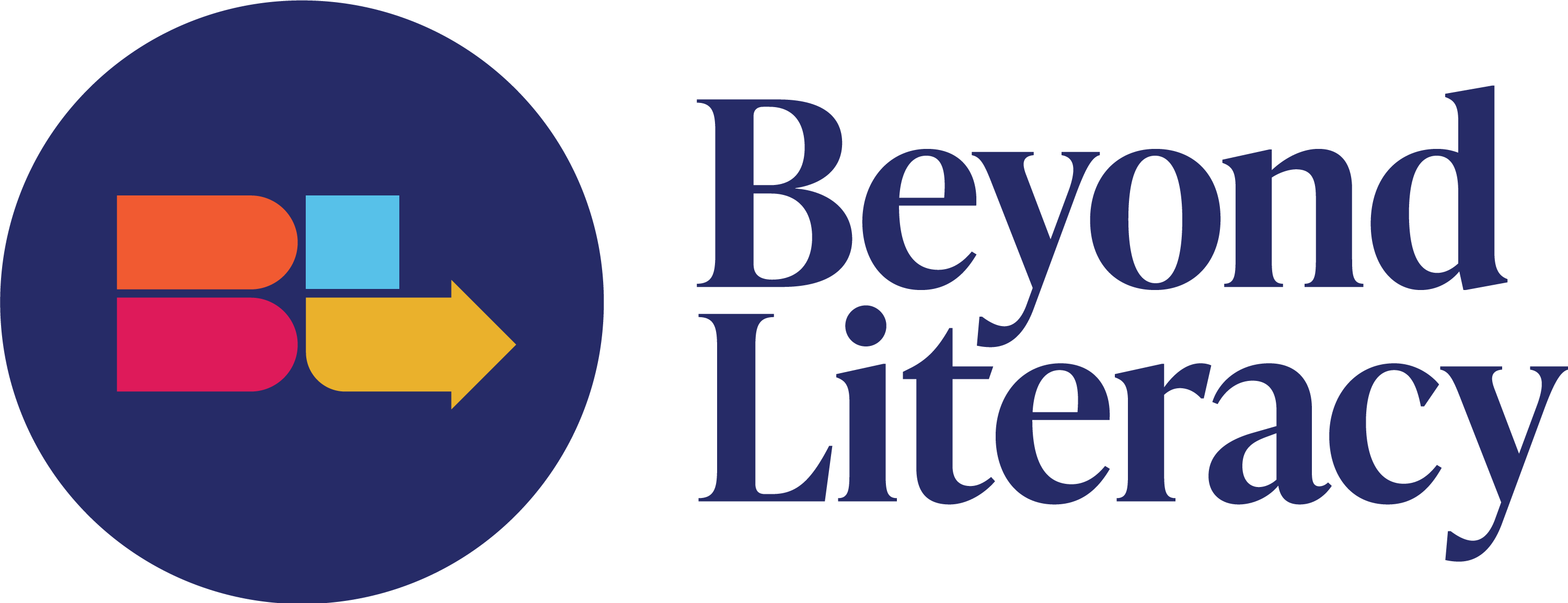In recognizing national Adult Education and Family Literacy Week (September 18-22), we need to be honest that for many Philadelphians, literacy is not a given. If you grow up in a home where reading is rare or English isn’t spoken, the path to literacy is difficult. The gap between low literacy skills and the chance of finding family-sustaining work in today’s labor market is alarming. By 2030, it is estimated that over 600,000 Philadelphia residents (40% of the current total population) will lack the most basic literacy and numeracy skills to secure employment.
Philadelphia’s rate of low literacy is nearly twice that of the national average, significantly contributing to our city’s high rate of poverty, with Philadelphia remaining the poorest big city in the nation. It’s not a coincidence that our region’s economy suffers shortages in skills, workers and opportunities. We must help our city’s residents develop the literacy skills needed to apply for and fill available jobs. While most adults in our region can read basic words, sentences as complex as this opinion piece are too challenging. This can lead to a lack of belonging and worth, leading to structural inequities that inhibit both personal growth and broader economic prosperity. Meanwhile, local employers struggle to find qualified workers, and underemployed adults are stuck in low-wage, low-growth jobs with limited economic potential to achieve the American dream.
Nationally, low literacy costs the nation $200 billion in safety and health issues and a whopping $2.2 trillion each year in lost productivity. At 23%, the poverty rate in Philadelphia today has remained roughly the same for five years—with almost 40% of those living in poverty lacking a high school credential and more than 800,000 adults struggling to read. This is unacceptable.
The good news is that access to free adult education and skill-building programs provides the power to break entrance barriers to family-sustaining wage careers. Data demonstrates that an investment in adult education directly benefits the health, safety, welfare, and wealth of all Pennsylvanians. Return on investment includes an increase of at least $10,000 per year that GED graduates earn once they get their diploma. Nationwide, we would gain $2.5 billion in tax revenue and reduced expenses for every 400,000 adults who earn a high school diploma. Even more impactful is that every dollar spent on adult literacy and education provides returns through crime reduction, higher employment, added tax revenues and reduced welfare payments.
Addressing this acute citywide literacy challenge can’t be the work of one foundation and a few committed individuals. We need a broader coalition of willing employers, corporations, philanthropists and others to step up and promote literacy programs that work. At Beyond Literacy, Philadelphia’s largest adult literacy nonprofit, we know that free adult education and career readiness programs that link GED completion to a certification for in-demand industries that pay family-sustaining wages are especially powerful. In partnership with energy leaders such as PECO, Beyond Literacy offers tuition-free pre-apprenticeship programs that allow underrepresented adults to obtain their GED while studying to become energy and skilled trades apprentices earning starting salaries of $30/hour or more. Participants, ages 18 to 25, include individuals referred from the Philadelphia District Attorney’s Emerging Adults Initiative, which offers second chances to low-level misdemeanor, justice-impacted individuals.
Literacy isn’t just about reading and writing; it’s about opportunity. It’s about closing economic and social gaps in communities too often left behind. With increased investment in adult education, paired with public-private workforce development partnerships, we can flip our city’s skills shortage to a talent surplus, boosting earnings and productivity for all Philadelphians.
Kimmell Proctor is the CEO of Beyond Literacy, a nonprofit serving adults who lack a high school diploma and/or proficiency in reading, writing, science and/or math, or who seek English Language proficiency. [email protected]

